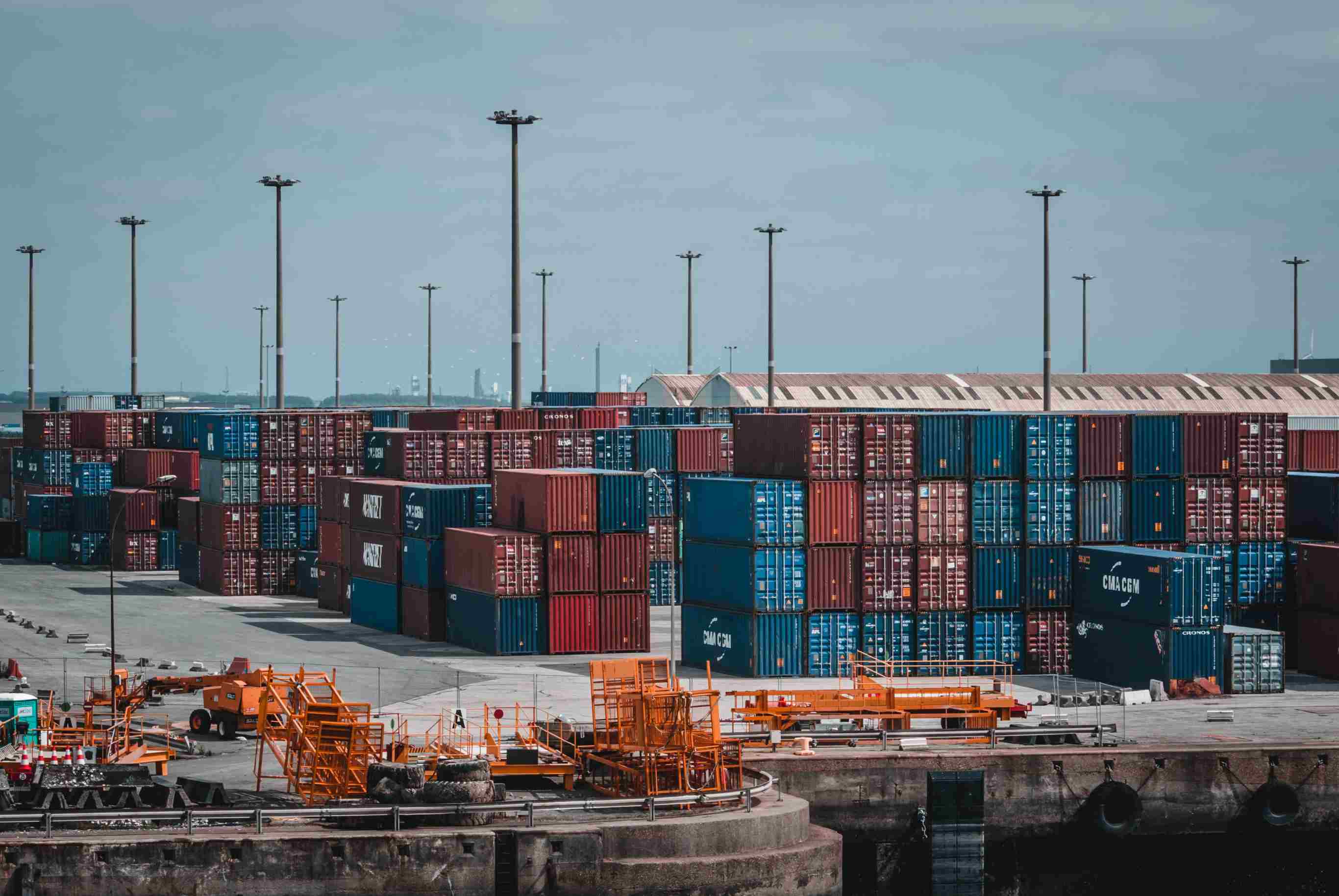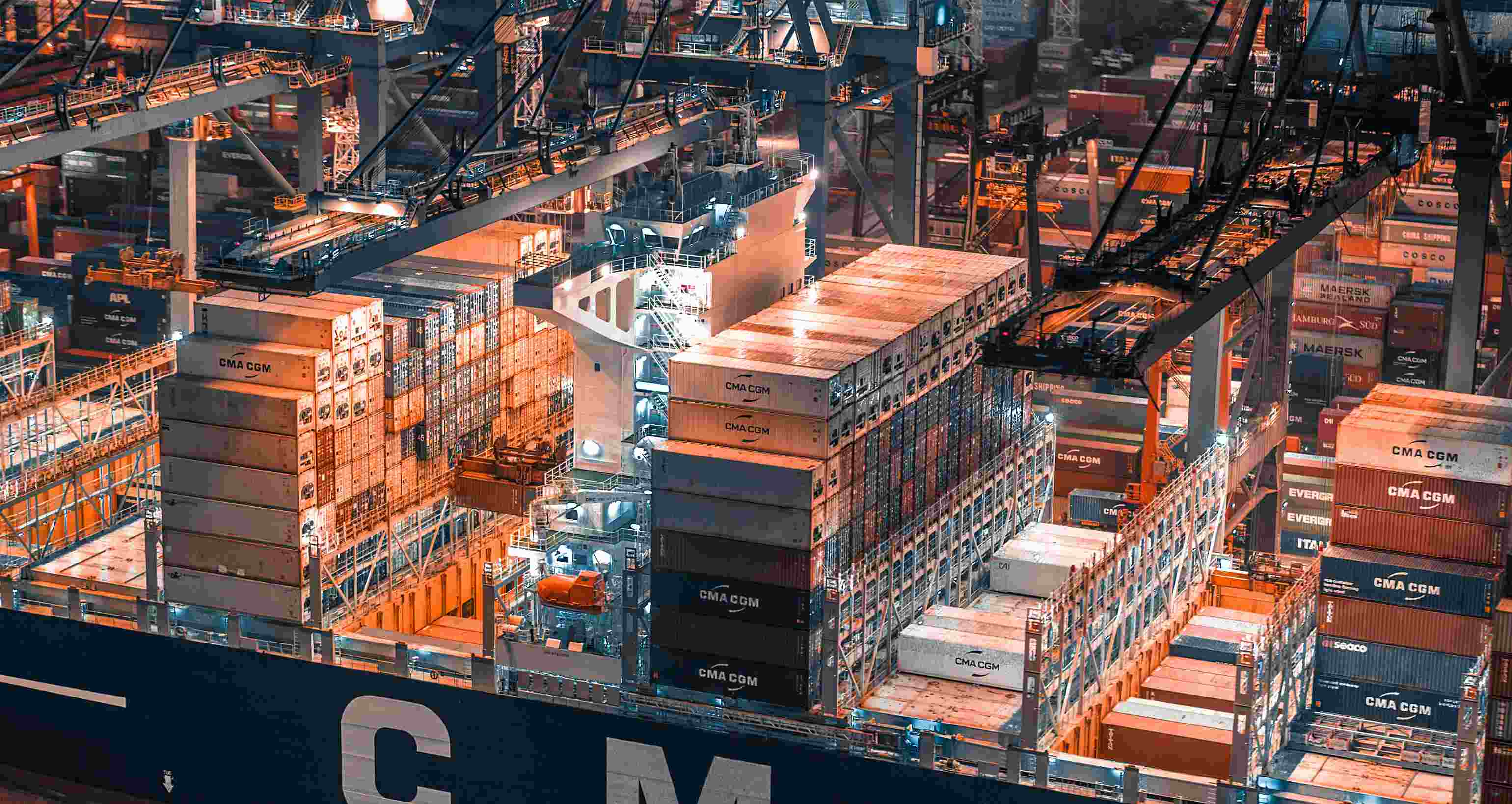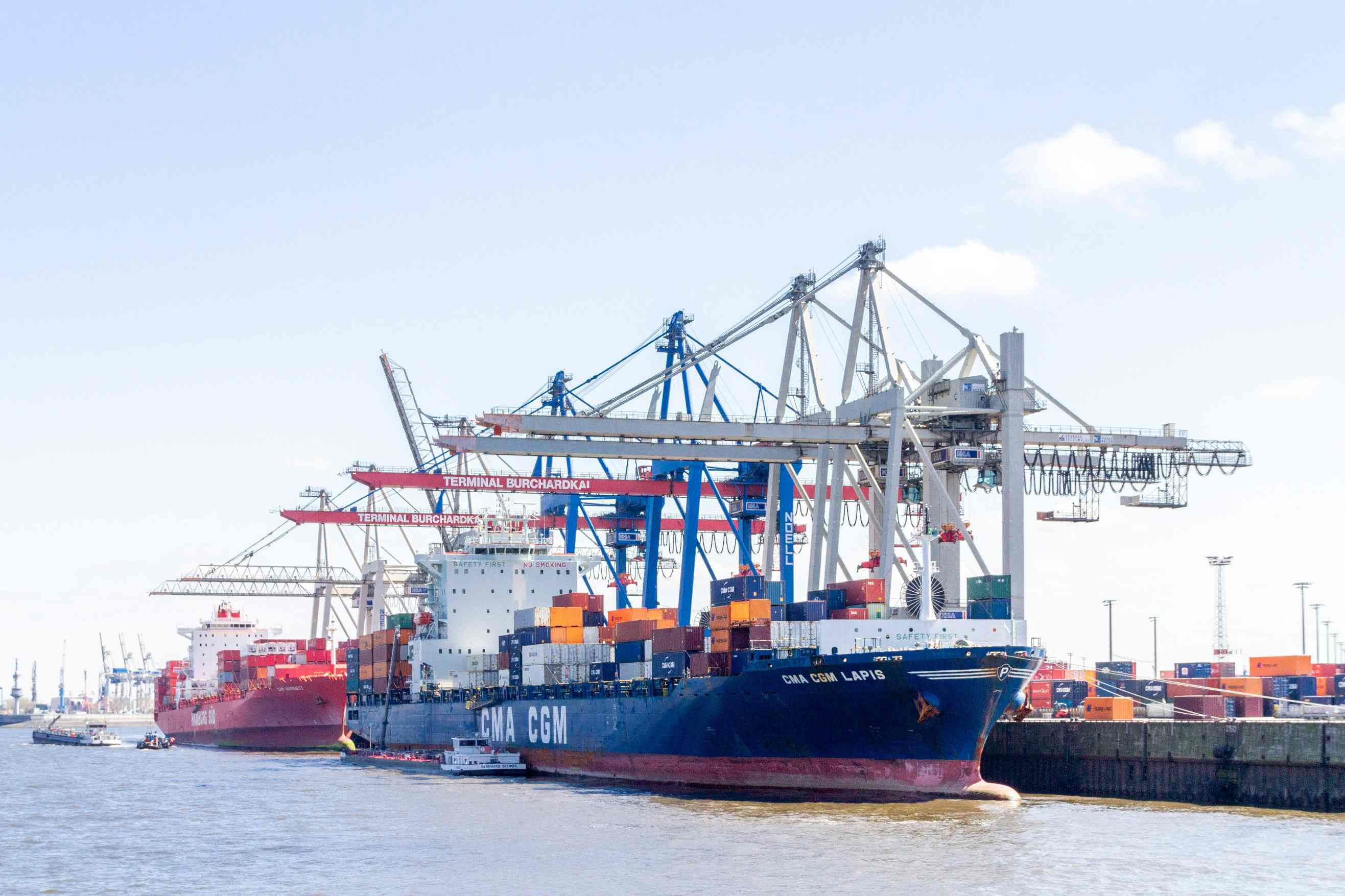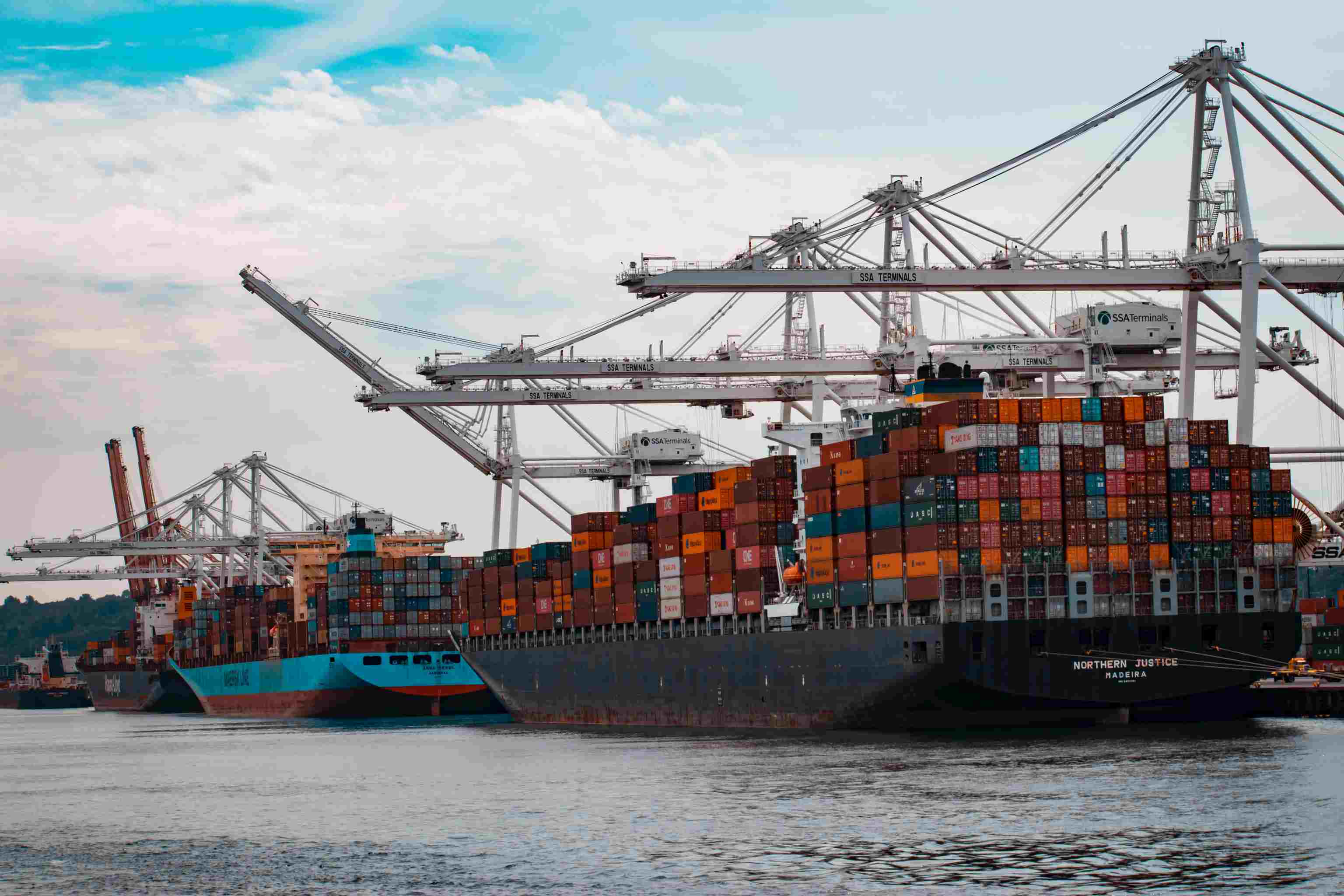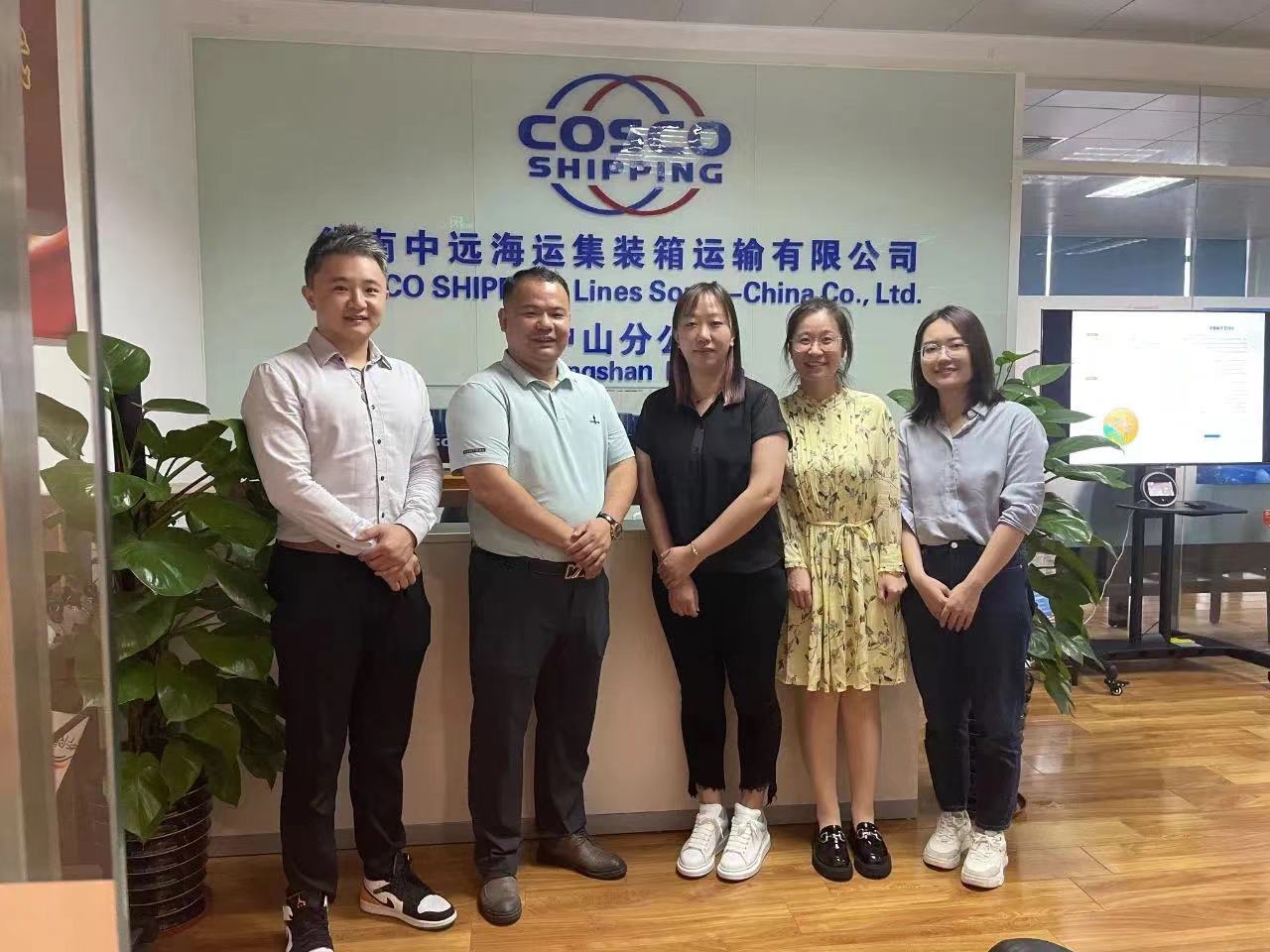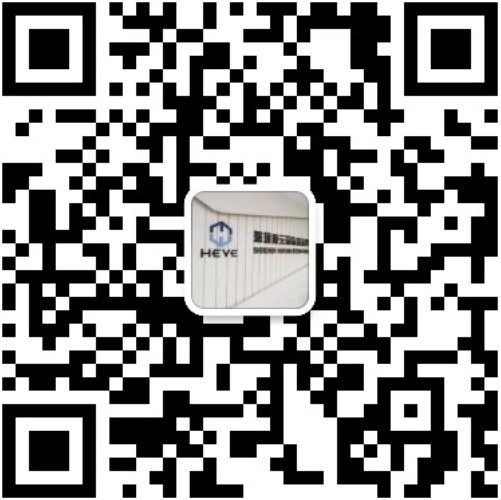Since September, these new regulations affect shippers, please note!(Shipping agent in China)
"Port Charges and Charging Measures" will be implemented from September 15
The "Port Charging Measures" will be implemented from September 15, 2017, with a validity period of 5 years. The main contents of the amendments to the Measures include:
The first is to reform the tuition fee billing method. In the Measures, tugboat fees are adjusted from tugboat horsepower and operating time to tugboats based on the size and type of the towed vessel, and the unit price of tugboat fees is uniformly set. Provincial transportation management departments shall review and formulate the localities based on the natural conditions of the port. The tugboat configuration standards shall be announced before September 15th. The tugboat number standards for each port in the jurisdiction shall be announced. The coastal port tugboat configuration standards shall be announced by the local provincial competent transportation department. The Administration is responsible for public announcements. After the implementation of the new tug fee standard, one is no longer charged separately for holidays and night shifts; the second is for tug bases that are more than 30 nautical miles but less than 50 nautical miles away from the port, the tug fee can be 110% of the benchmark rate Charge; if the distance is more than 50 nautical miles, it can be charged at 120%. Third, the tugboat fee and fuel price linkage mechanism is implemented. When the fuel price rises or falls significantly and the tug operation cost changes greatly, the tug fee basic rate can be adjusted appropriately. standard.
The second is to optimize the fee structure for pilotage of ships. Taking into account the marginal diminishing cost of leading large ships, in order to reduce the burden on enterprises, further optimize the pilot fee structure, add a new gear (80,000 net tons to 120,000 net tons), and implement pilot fees for large ships above 120,000 net tons. Fixed standard ceiling cap. Pilotage agencies should actively promote "sunlight pilotage" and further improve pilot service levels. At the same time, it also clarified that the market-adjusted price of technical service fees for piloting offshore mobile platforms in China's waters beyond pilotage services was determined, and the lead service unit should negotiate with the client to determine the specific charging standards.
Thirty-third is to further reduce government pricing items. Prior to the revision of the Measures, domestic passenger and tourist vessel port operating fees were priced by the government and were charged at 4% of the tickets. Taking into account that domestic waterway transport tickets have implemented market-adjusted prices, and international passenger and tourist ship port operating fees have been included in the scope of port operation contract fees, the time is ripe to adjust the domestic part to the market-adjusted price. Included in the scope of port operation contract fees, which are paid by domestic passenger transport companies to port operators and are no longer collected directly from passengers.
The fourth is the market-adjusted price of tally service fees. In 2015, the Ministry revised the “Port Management Regulations”, decentralized port tally permits to provincial transportation authorities, and established and improved tally management qualification management systems. In 2016, the Ministry abolished the "Port Cargo Operation Rules" and the tally service fee charging standards, and cleaned up relevant regulatory documents. Considering that the port tally management market has been liberalized, the Treasury Service Fees are clearly regulated in the Measures, and the provincial transportation authorities are required to accelerate the introduction of competition mechanisms to promote the stable and orderly development of tally. Constantly stimulate market vitality, strengthen market supervision and industry self-regulation.
Fifth, there is no longer a unified provision for the preferential berthing fees for multi-point docking of ships on international routes and the free storage period. In that year, in order to attract international liner companies to call more ports in China and more cargo storage ports, preferential terms for multi-point berthing fees and storage periods for international shipping vessels were stipulated. At present, major changes have taken place in the policy background. From the perspective of promoting fair competition, the government should not interfere too much in the market. Consider parking fees as the government's guidance price ceiling management, storage and storage fees as the market regulated price, whether it is preferential and how much concession should be granted. Negotiated by enterprises, no unified government regulations are required.
The Ballast Water Convention has been formally implemented since September 8.
The Ballast Water Convention will be formally implemented from September 8, 2017. All existing ships bound by the Ballast Water Convention should hold the Ballast Water Management Plan and complete the inspection and certification on September 8, 2017. Hold a certificate or proof of compliance.
After the entry into force of the Convention, existing ships should be replaced with ballast water before the required mandatory BWMS installation date (that is, meeting the D-1 standard, including "BWMS was installed but not used or operated before the mandatory BWMS installation date" Case) Or meet the D-2 standard by voluntarily installing and using BWMS in advance.
For new ships that have signed a contract before September 8, 2017, please note that if their construction date (that is, the date of laying the keel or at a similar construction stage) is on or after September 8, 2017, BWMS must be installed (when signed If it is not considered in the contract or design, it must be adjusted and applied for corresponding plan review and inspection and certification).
CIC Concentration Inspection Begins on September 1
From September 1st to November 30th, the Paris MOU organized the Tokyo MOU to jointly carry out CIC inspections. The goal of this year's CIC is to check whether the ship's navigation equipment meets the requirements of SOLAS Chapter 5 and whether the crew is familiar with the operation of the navigation equipment.
This CIC checklist has 12 inspection items, including the certificate of the ship's navigation equipment, the proficiency of the crew in operating the navigation equipment (especially ECDIS), the competence, and the maintenance of the equipment.
Yangtze River Delta ship emission control zone will fully implement ship shore oil change since September 1
From September 1st, the Yangtze River Delta ship emission control zone will implement the relevant requirements of the ship emission control zone 2018 in advance, that is, all ships should switch to low-sulfur fuel as required after arrival, or use alternative measures such as shore power and exhaust gas aftertreatment .
According to the requirements of the ship's emission control zone scheme of the Ministry of Transport, starting from January 1, 2018, ships should use fuel with sulfur content less than or equal to 0.5% mm during docking at all ports in the emission control zone. The Yangtze River Delta ship emission control zone will implement this requirement as early as September 1 this year, 4 months ahead of the original plan, and further promote the development of green shipping and ship energy conservation and emission reduction.
It is understood that Shanghai Port, Ningbo Zhoushan Port, Suzhou Port, and Nantong Port, the core ports of the Yangtze River Delta's ship emission control zone, took the lead in implementing the ship emission control zone plan on April 1, last year. For more than a year, the monitoring data of the environmental protection department showed that the air quality in all parts of the Yangtze River Delta has improved, and the sulfur dioxide concentration in the port area has decreased significantly. From April to December 2016, compared with the same period in 2015, the sulfur dioxide concentration at Shanghai Donggaoqiao Monitoring Station decreased by 52% year-on-year; the sulfur dioxide concentration at Xinjiang Bay City Monitoring Station decreased by 23% year-on-year. In the first half of 2017, the sulfur dioxide concentration at Ningbo Zhenhai's air quality monitoring points decreased by 31% year-on-year; the Beilun air quality monitoring points decreased by 21% year-on-year.
From January 1, 2019, ships entering the emission control area must use low-sulfur combustion.
